The importance of positive language within how society conceptualizes learning is evident for the growth of student potential and learning.
|
|
Scooped by Beth Dichter |
In education failure is a negative word, but talk with engineers that they will tell you that they learn from failure. In this post there is a quote from Alfie Kohn "Although there are exceptions, the most likely consequence of having failed at something is that a child will come to see himself as lacking competence. And the result of that belief is apt to be more failure."
The post continues with a discussion on a study that took place in Finland where faculty in a middle school chose to implement "a final project where each student would produce a concrete artifact to denote their learning." This process discuss the learning journey of their students, which led them to discover that they were often using negative terms to describe students, which led them to discuss assumptions that were being made by them about their students. Click through to the post to learn what was learned and how you might choose to change your language in your classroom.



 Your new post is loading...
Your new post is loading...
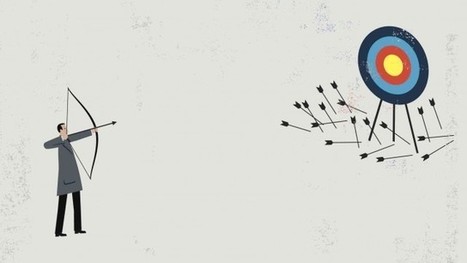



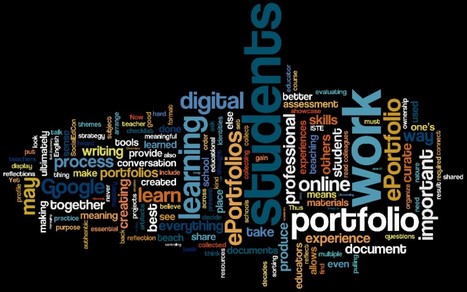



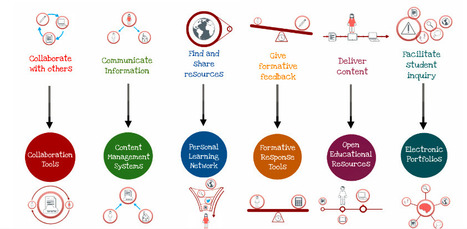





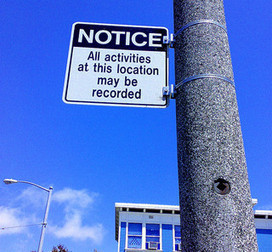
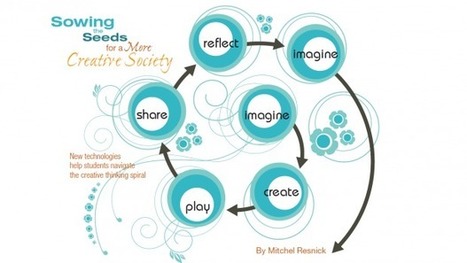





Beth Dichter's insight:
In education failure is a negative word, but talk with engineers that they will tell you that they learn from failure. In this post there is a quote from Alfie Kohn "Although there are exceptions, the most likely consequence of having failed at something is that a child will come to see himself as lacking competence. And the result of that belief is apt to be more failure."
The post continues with a discussion on a study that took place in Finland where faculty in a middle school chose to implement "a final project where each student would produce a concrete artifact to denote their learning." This process discuss the learning journey of their students, which led them to discover that they were often using negative terms to describe students, which led them to discuss assumptions that were being made by them about their students. Click through to the post to learn what was learned and how you might choose to change your language in your classroom.